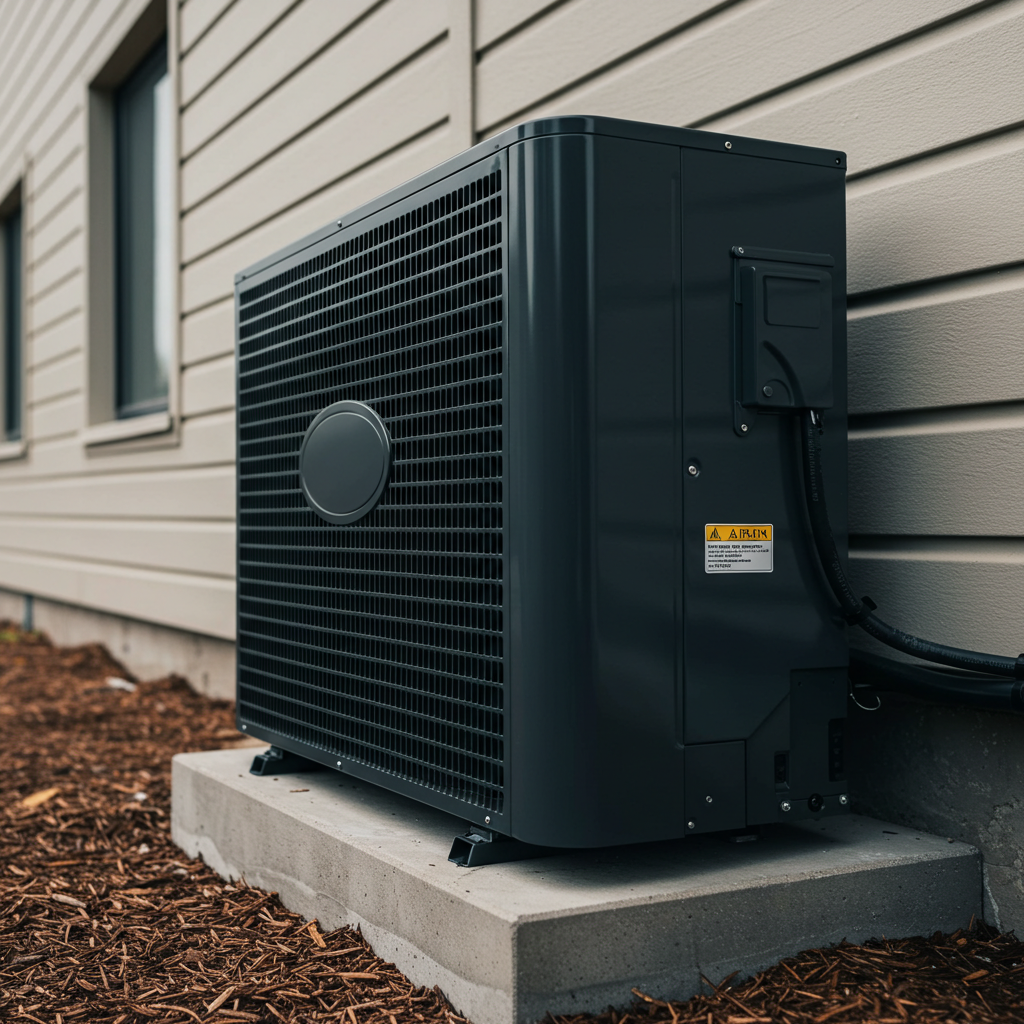Professional Water Heater Installation: A Complete Guide for Homeowners
When your water heater fails or becomes inefficient, a timely water heater installation can restore comfort and energy savings to your home. Whether you’re replacing an old unit or installing a new system, proper setup is crucial for performance, safety, and longevity.
In this guide, we’ll cover:
✔ Types of water heaters available
✔ Signs you need a new installation
✔ The installation process explained
✔ Choosing the right professional installer
Why Proper Water Heater Installation Matters
A correctly installed water heater:
- Improves energy efficiency – Lower utility bills with optimal performance.
- Ensures safety – Prevents leaks, gas hazards, or electrical issues.
- Extends lifespan – Reduces wear and tear from improper setup.
- Maintains warranty – Many manufacturers require professional installation.
Types of Water Heaters for Installation
1. Conventional Storage Tank Water Heaters
- Most common type
- Stores and heats 30-80 gallons
- Affordable but less energy-efficient
2. Tankless (On-Demand) Water Heaters
- Heats water instantly, no storage tank
- Energy-efficient (up to 34% savings)
- Endless hot water but higher upfront cost
3. Heat Pump Water Heaters
- Uses ambient heat for efficiency
- Cuts energy use by 50-60%
- Best for warm climates
4. Solar Water Heaters
- Uses solar panels for heating
- Eco-friendly but depends on sunlight
- Often paired with a backup system
5. Condensing Water Heaters
- Ideal for homes using natural gas
- Captures waste heat for efficiency
- Requires proper venting
Signs You Need a New Water Heater Installation
🔴 Age – Most last 8-12 years; older units lose efficiency.
🔴 Rusty or Discolored Water – Indicates tank corrosion.
🔴 Leaks or Pooling Water – A failing tank needs replacement.
🔴 Inconsistent Heating – Could mean sediment buildup or a failing element.
🔴 Strange Noises – Popping or rumbling signals sediment problems.
🔴 High Energy Bills – Older units work harder, costing more.
The Water Heater Installation Process
Step 1: Assessment & Selection
- A technician evaluates your home’s needs (size, fuel type, usage).
- Helps choose between tank vs. tankless, gas vs. electric.
Step 2: Removal of Old Unit
- Drains and disconnects the existing water heater.
- Ensures safe disposal.
Step 3: New Unit Installation
- Places and secures the new water heater.
- Connects plumbing, electrical/gas lines, and ventilation (if gas).
- Tests for leaks and proper function.
Step 4: Final Inspection & Instructions
- Checks pressure, temperature, and safety features.
- Explains maintenance tips for longevity.
DIY vs. Professional Water Heater Installation
| Factor | DIY Installation | Professional Installation |
| Safety | Risk of leaks, gas/electrical hazards | Guaranteed safe setup |
| Efficiency | May not be optimized | Properly calibrated for best performance |
| Warranty | Often voided | Typically honored |
| Time & Effort | High (complex for beginners) | Fast, hassle-free |
| Cost | Lower upfront | Prevents costly mistakes later |
For most homeowners, hiring a licensed plumber or HVAC technician is the best choice.
Choosing the Right Water Heater Installation Professional
When searching for an installer, look for:
✅ Licensed & insured – Protects you from liability.
✅ Experience with your water heater type – Tankless, solar, etc.
✅ Positive customer reviews – Check Google, Yelp, or BBB.
✅ Transparent pricing – Avoids hidden fees.
✅ Warranty on workmanship – Ensures long-term reliability.
Water Heater Installation Costs
Prices vary based on:
- Type of unit (tankless costs more upfront but saves long-term)
- Fuel source (gas, electric, solar)
- Labor & permits
Average Costs:
- Standard Tank (40-50 gal): $800–$1,500
- Tankless Unit: $1,500–$3,500+
- Heat Pump Water Heater: $1,200–$3,000
- Solar Water Heater: $3,000–$7,000+
Maintenance Tips After Installation
🔹 Flush the tank annually (removes sediment).
🔹 Check the pressure relief valve yearly.
🔹 Inspect for leaks periodically.
🔹 Replace anode rod every 3-5 years (prevents rust).
When to Upgrade Your Water Heater
Consider a new water heater installation if:
- Your unit is over 10 years old
- Repairs cost more than 50% of a new unit
- You want better energy efficiency
- Your household’s hot water needs have increased
Schedule Your Water Heater Installation Today
Don’t wait for a cold shower emergency! Whether you need a traditional tank replacement or a high-efficiency tankless system, professional installation ensures reliability and savings.


